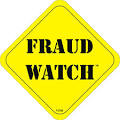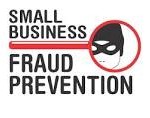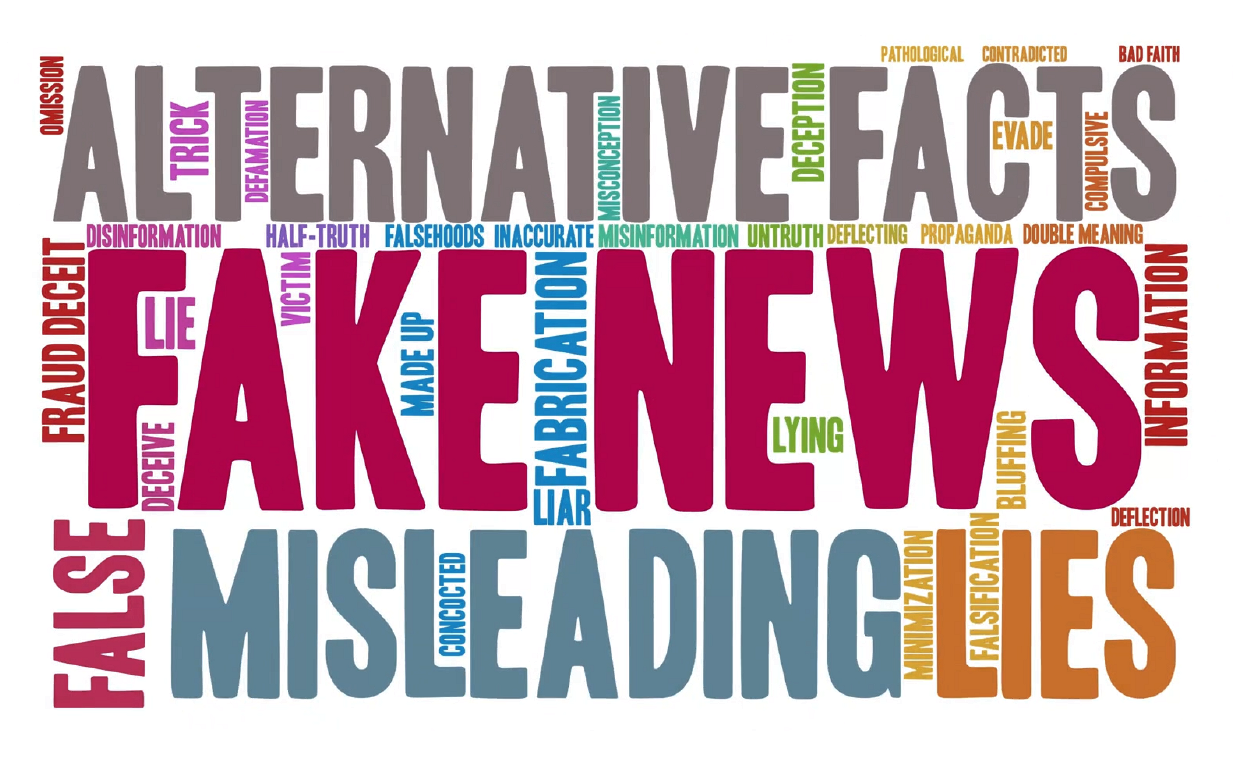 Sedona AZ (August 28, 2014) – Since January 1, 2014, the state of Arizona Coconino County Sheriff’s Office and Flagstaff Police Department responded to over 200 citizen reports involving fraudulent requests for money or personal information. Unfortunately, there are likely many more citizens who may have been or will be the target of scams.
Sedona AZ (August 28, 2014) – Since January 1, 2014, the state of Arizona Coconino County Sheriff’s Office and Flagstaff Police Department responded to over 200 citizen reports involving fraudulent requests for money or personal information. Unfortunately, there are likely many more citizens who may have been or will be the target of scams.
All too often, these illegitimate phone calls draw residents into a criminal’s scam. Investigations are difficult because criminals may be in a different country, use toss away phone numbers, re-routed internet addresses, and many other means to keep the call from being tracked. While law enforcement will continue to investigate these reports, it is important to be aware of the tactics used by criminals, and to take steps to protect yourself, your family and your information.
Schemes often involve contact by phone, text, mail or email and, on face value, may appear legitimate! The caller often says they represent a legitimate organization (such as Microsoft, Sheriff’s Office, Police Department, Court Officers, Federal Government, Grant Agencies, IRS, Sweepstakes, Loan Services, Credit Card Companies, Utility Companies, buyers from Craigslist, fundraisers for Veterans, or other groups, etc.). They will use names, letterhead, envelopes, and websites that look and sound legitimate. They may even have basic information about you, such as your address, neighbor’s name and or vehicle information.
 In addition to pretending to be from a legitimate agency, criminals also may use the name of a person who really works for that agency! Law enforcement has received reports of people pretending to be some variation of a rank (Officer, Lieutenant, Sergeant, etc.) with the last name of Willis, Hull, Harris, Rodriquez, Barnes, Blair and Jackson, to name but a few. But these names are only examples, and a scammer will come up with other titles and names!
In addition to pretending to be from a legitimate agency, criminals also may use the name of a person who really works for that agency! Law enforcement has received reports of people pretending to be some variation of a rank (Officer, Lieutenant, Sergeant, etc.) with the last name of Willis, Hull, Harris, Rodriquez, Barnes, Blair and Jackson, to name but a few. But these names are only examples, and a scammer will come up with other titles and names!
Criminals will often provide a call back number which lures you into trusting them. These numbers may or may not work, and may even be the actual number of the agency. However, a phone call to the main number of the agency (one that you verified as the number of the agency) can help you determine if a story is legitimate.
Of the over 200 reports made to Police and Sheriff’s Office, many variations of these fraudulent calls and mailings were reported:
- Scammers have used high pressure techniques such as demanding that you purchase a pre-paid money card (GreenDot, Cashier Check, Money Pak, wire transfer, etc) to avoid being arrested on a warrant for anything ranging from missing jury duty to failure to pay a citation. In the case of IRS scams, they may say you owe back taxes and need to pay immediately or be arrested. Stop!
- Often these criminals use scare tactics such as saying someone has hacked into your computer and they need access and payment to fix the issue. They may threaten to shut off your electricity or gas immediately if you don’t make a payment.
- Some cases involved the victim being contact by phone or post office mail informing them that they have won an award, sweepstakes or grant. The scammer asks for a payment or deposit security to cover legal or other fees.
- Several of the reports were that the caller pretended to be a relative who is in jail in a foreign country and needs money. Still other reports are that the scammer actually sends a check or money order but then claims something went wrong and needs a refund.
- Some scammers claim to be a representative of a loan or mortgage company requiring a down payment or personal information. Sometimes they will send you a check to deposit. Only after the victim later sends payments does he/she find out that the original check was fraudulent, and they are now out of money.
- Craigslist scams are also common. These include people fraudulently posting rental units and accepting money for the rent, someone submitting a fraudulent payment and later requesting partial of full reimbursement, and numerous other schemes.
 Obviously criminals are limited only by their imagination and your gullibility to separate you from your hard earned cash or personal information.
Obviously criminals are limited only by their imagination and your gullibility to separate you from your hard earned cash or personal information.
Whether you are contacted by phone, text, email or post office mailings, scammers are trying to get you to give up personal information (social security number, bank accounts, etc.) or make a payment. They will and can do almost anything to make themselves look legitimate.
![]() The men and women of the Sheriff’s Offices and the Police Departments would like to remind everyone of basic tips on how to avoid becoming a victim of greedy criminals:
The men and women of the Sheriff’s Offices and the Police Departments would like to remind everyone of basic tips on how to avoid becoming a victim of greedy criminals:
- If you live in north central Arizona and receive a suspicious phone call or if you suspect a scam, contact the Coconino County Sheriff’s Office at 928-774-4523 or the Flagstaff Police Department at 928-774-1414. (Ask to be referred to the appropriate jurisdiction if you live elsewhere.)
- In the event a caller claims they represent a government agency or a company, you are advised to look independently for that phone number in a phone book or online to confirm the caller’s story. Government requests are always in writing; you may receive a fraudulent request using fake letterhead. Verify any written paperwork by not using the contact information provided – look online or requesting 411 information for the phone number.
- Don’t just ask if a person by that name works for that agency; ask to speak with that person and or ask for confirmation about the information the initial caller claimed to be representing. Call law enforcement immediately if it is a scam.
- Be aware that unscrupulous phone callers frequently use the following tactics:
- A high-pressure sales approach, urging you to “act now” or the offer won’t be available later.
- Offer you something that sounds too good to be true, such as a “no-risk investment.”
- Asks for your credit card or checking account numbers or other personal financial information. NEVER give this information to anyone or any agency over the phone! Nothing is that urgent that it cannot wait for due diligence!
- Tell you that you have won a “prize” but that you have to pay taxes or shipping in advance! NEVER fall for this trick – that’s not how honest sweepstakes notify winners.
- Ask you to send money right away, through a wire service or overnight delivery! Fraudulent callers will sometimes offer to pick up the money from your home – NEVER NEVER NEVER fall for this trick or allow this to happen. It could be the difference between money and your life! And NEVER wire money when it’s requested! It’s always a scam!
What you can do to avoid being scammed:
- Don’t be afraid to hang up on a caller who uses high pressure tactics or threats – and don’t be socially nice!
- Keep your financial information to yourself. Never give out credit card, checking or savings account information to anyone who calls you, as it is easy for someone with this data to draft money from your accounts.
- Ask the caller to send you information about their product or services. Legitimate companies are happy to mail you a pamphlet or brochure about what they sell. (With this being said, don’t hesitate to cross check information you receive in the mail because criminals know this too. Buy locally from companies found in your phone book, contact the Better Business Bureau, call your Bank, never do business with a stranger at your door or someone who says a neighbor provided your name – call the neighbor and check. This is an easy scam that has worked for generations to line the pocket of n’er do wells.)
- Place your name on the national Do Not Call List today. The contact number is below!
- Remember, if it sounds too good to be true, it is.
![]()
 To deal with unwanted telemarketing calls at home or on your cell phone:
To deal with unwanted telemarketing calls at home or on your cell phone:
- Place your name on the National Do Not Call List set up by the Federal Trade Commission (FTC): Registration is free and you can register either online at www.donotcall.gov or toll free from the number you wish to register at (888) 382-1222 TTY: (866) 290-4236. Do it now!

For the best in BREAKING NEWS and views, read SedonaEye.com daily!


THIS APPLIES TO BOTH WOMEN AND MEN – BEWARE OF PAPER ON THE BACK WINDOW OF YOUR VEHICLE- NEW WAY TO DO CARJACKING
Heads up everyone! You walk across the parking lot, unlock your car and get inside. You start the engine and shift into reverse.
When you look into the rear view mirror to back out of your parking space, you notice a piece of paper stuck to the middle of the rear window. So, you shift into Park, unlock your doors, and jump out of your car to remove that paper (or whatever it is) that is obstructing your view. When you reach the back of your car, that is when the carjacker/s appear out of nowhere, jump into your car and take off. They practically mow you down as they speed off in your car.
And guess what, ladies? I bet your purse is still in the car. So now the carjacker has your car, your home address, your money, and your keys. Your home and your whole identity are now compromised!
BEWARE OF THIS SCHEME THAT IS NOW BEING USED.
If you see a piece of paper stuck to your back window, just drive away. Remove the paper later. Please forward to block watch members and to friends and family, especially to women. A purse contains all kinds of personal information and identification documents, and you certainly do NOT want it to fall into the wrong hands.
We have had no incidents of this activity in the Prescott area but we always seem to attract the schemes at some point.
Kevin Rother
Crime Prevention Specialist
Prescott Police Department
222 S. Marina
Prescott, Arizona 86303
Office: 928-777-1967